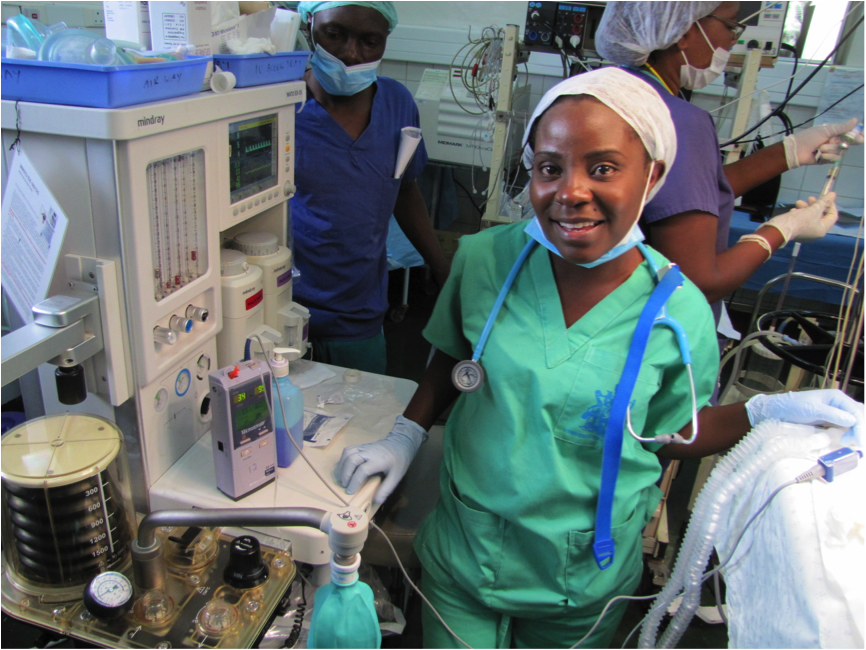A new study, from the Global Capnography Project (GCAP) and published in the journal Anaesthesia (doi: 10.1111/anae.14426), has identified a need for middle and low-income countries to have access to capnography, a simple and life-saving method of monitoring a patient’s breathing, in operating theatres and in intensive care units.

Two of the most important incidents that capnography monitoring can detect – accidently placing a tracheal tube in the patient’s oesophagus and breathing circuit disconnections – can both lead to significant patient harm and mortality if not identified early and corrected quickly.
A pilot site for the study was identified in Malawi. Anaesthesia providers received a one-day capnography training course and eight hospitals received a total of 40 capnographs donated by Medtronic. After six months of use, it was reported that a minimum of 57 lives had been saved. The team of anesthesia providers thus estimated that over 11,000 oesophageal intubations could occur per year in the African region, a significant patient safety risk that could be prevented by access to capnography.
Professor Ellen O’Sullivan from GCAP Team, said: “We believe that this is one of the most important projects in anaesthesia safety in the last decade”. The GCAP team estimated that there are at least 70,000 operating theatres in the world without capnography.
Other news items in BJC Issue 4, 2018:
New heart failure nurse audit
European patient survey shows cancer-associated thrombosis
Future advances in bifurcation stenting?
Peripheral arterial disease assessment training tool
News in brief
